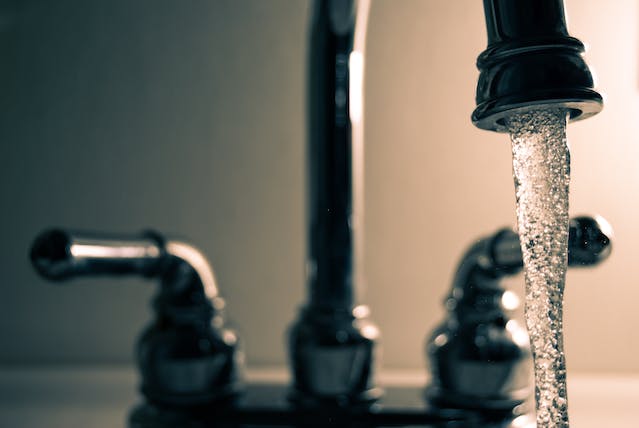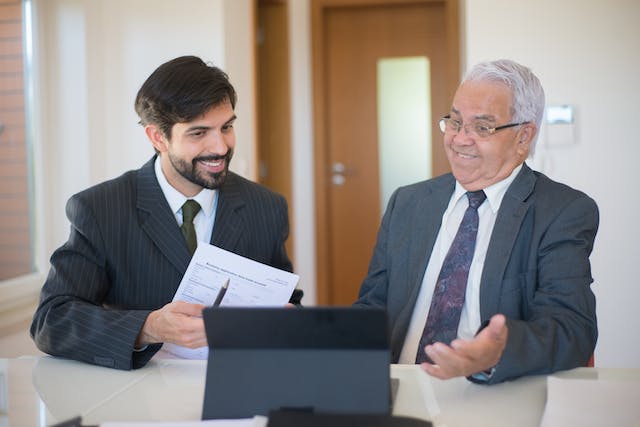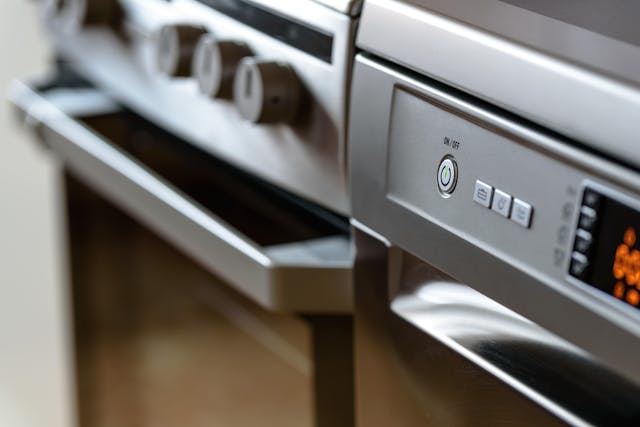.png)
Water damage is a landlord's nightmare, potentially leading to significant repair costs, decreased property value, and unhappy tenants.
However, with the right preventive measures and management strategies, landlords can safeguard their properties effectively.
This guide will outline essential steps to prevent water damage in rental properties and explain why hiring a property manager might be a beneficial decision.
Understanding the Risks of Water Damage
Water damage can stem from various sources, including leaks, flooding, and humidity, each capable of causing extensive harm to a property. It's crucial for landlords to understand these risks to address potential problems before they escalate. Common issues include:
- Plumbing Leaks: Faulty pipes and plumbing fixtures can lead to slow leaks that go unnoticed until significant damage has occurred.
- Weather-Related Flooding: In areas prone to heavy rainfall or hurricanes, properties are at risk of flooding that can quickly lead to extensive water damage.
- Appliance Failures: Water heaters, dishwashers, and washing machines are common culprits of water-related disasters in rental units.
Risks of Water Damage to Properties
Structural Damage
Water is a pervasive force that can weaken foundational elements of a building. When water seeps into concrete, wood, or other materials, it can cause them to warp, rot, or deteriorate. This compromises the structural integrity of the property and can lead to costly repairs.

Mold and Mildew Growth
Mold not only damages the property but also poses health risks to tenants, especially those with allergies or respiratory issues. The presence of mold can render a property uninhabitable, leading to vacancies and lost rental income.
Electrical Damage
Water and electricity are a dangerous combination. Water damage can cause short circuits in the electrical system of a property, potentially leading to fire hazards or power outages.
Repairing water-damaged electrical systems is not only expensive but also critical for the safety of the tenants. Ensuring that all electrical components are elevated and protected from potential water exposure is essential.
Appliance and Furnishing Damage
Water damage doesn’t stop at structural elements; it also affects the contents within the property. Appliances, furniture, and other personal belongings can be severely damaged when exposed to water.
This not only affects the usability of these items but also leads to replacement costs, which can be substantial depending on the value and quantity of the affected items.
Decreased Property Value and Attractiveness
Properties that have a history of water damage often see a decrease in market value. Prospective tenants or buyers are wary of the potential problems associated with previously water-damaged properties.
This stigma can make it harder to rent or sell the property and may force landlords to lower their prices, resulting in significant financial losses.

Legal and Insurance Complications
If water damage leads to situations where the property becomes unsafe or inhabitable, landlords could face legal actions from tenants. Additionally, insurance claims for water damage can be complex and might not always cover all the damages or losses incurred.
Ensuring that the property has comprehensive insurance coverage that includes protection against water damage is crucial, but it's equally important to prevent such scenarios from occurring in the first place.
How to Prevent Water Damage?
Here are a few things you can do to prevent water damage to your rentals:
Conduct Regular Maintenance Checks
One of the most effective ways to prevent water damage is through regular maintenance and inspections. This includes:
- Inspecting Plumbing: Regularly check for leaks under sinks, around toilets, and near water heaters and boilers.
- Cleaning Gutters and Downspouts: Ensure that gutters and downspouts are clear of debris to prevent water from backing up and causing roof leaks or foundation damage.
- Checking Appliances: Regularly inspect hoses and fittings on water-using appliances to ensure they are intact and not leaking.
Landlords should consider scheduling these inspections at least twice a year and following any severe weather events.
Implement Smart Home Technology
Advancements in technology have provided landlords with tools to help prevent and detect water damage. Smart home sensors can detect moisture levels and unexpected water flow, alerting landlords or property managers to potential issues before they escalate.

Installing these devices in high-risk areas like bathrooms, kitchens, and basements can provide an extra layer of protection against water damage.
Educate Tenants
Tenant awareness is crucial in preventing water damage. Landlords should educate their tenants on how to:
- Identify and Report Leaks: Provide clear instructions on what signs to look for (e.g., unusual water bills, damp carpets, or musty odors) and how to report these issues.
- Use Appliances Correctly: Ensure tenants know how to properly use and maintain appliances that connect to water.
- Prevent Frozen Pipes: In colder climates, tenants should know how to prevent pipes from freezing and bursting.
Providing tenants with a welcome packet or digital document that outlines these practices can help ensure they are informed and vigilant.
Hire a Professional Property Manager
While the above steps are effective, managing them can be time-consuming, especially for landlords who own multiple properties or those who have other commitments.
This is where hiring a property manager can be invaluable. Property managers handle all aspects of day-to-day property maintenance, including:
- Regular Inspections and Maintenance: Property managers conduct periodic inspections and coordinate maintenance tasks, ensuring that potential issues are addressed promptly.
- Emergency Responses: They can respond quickly to emergencies, mitigating the extent of water damage.
- Tenant Communications: Property managers serve as the point of contact for tenants, handling all communications and concerns, including those related to maintenance and repairs.
Conclusion
Water damage in rental properties can be a serious issue, but with proper preventive measures, technology use, tenant education, and the assistance of a professional property manager, landlords can protect their investments effectively.
By taking these steps, landlords can minimize the risks of water damage, maintain their property's value, and ensure peace of mind. Contact SGI Property Management Dallas for inquiries, and we’ll be happy to assist you.









